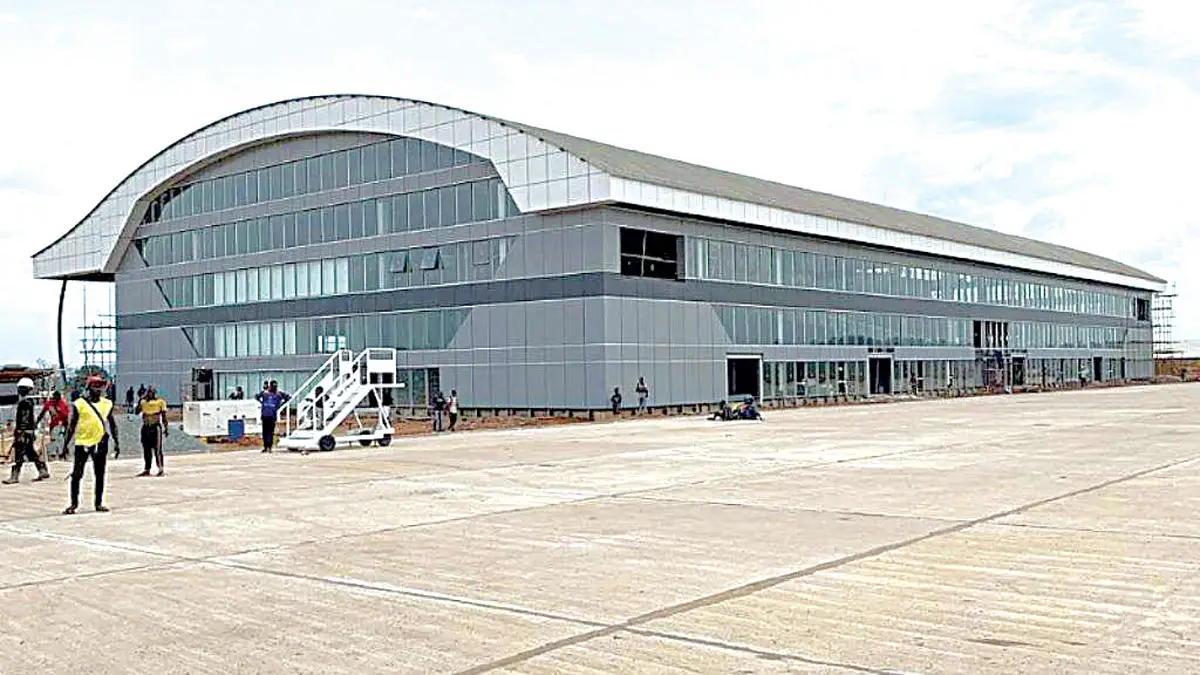Recently, Anambra State Governor Chukwuna Soludo said that he had budgeted N4 billion to conclude the remaining work at the Anambra State International Airport, which was constructed by the former governor, Chief Willie Obiano.
The Anambra Ste International Airport also known as the Umueri Cargo Airport was begun in 2017 and begun operations last year.
During a press conference on the updated 2022 budget breakdown at the government house in Awka, Governor Soludo made the announcement through the Commissioner for Budget and Economic Planning, Mrs. Chiamaka Nnake.
Read also:Windhoek to Hosea Kutako International Airport Road Project in Namibia to be Completed in 2024
It is said that Governor Soludo recently presented a revised budget for 2022 to the Anambra State House of Assembly, with a sum of N170 billion, compared to the previous appropriation of N142 billion presented by former governor Willie Obiano last year.
Anambra State International Airport project’s funding
Internally Generated Revenue (IGR), loans, and federal government allocations will be used to finance the Anambra State International Airport, according to the commissioner of Budget and Economic Planning, who briefed the journalists.
Governor Soludo, she added, will not experience any challenges in funding the state’s N170 billion revised budget for 2022.
According to Nnake, 24 percent of the budget would be funded by Anambra’s IGR, 36 percent by the Federal allocation, and 40% by the loan. In comparison to the existing appropriation of N142 billion, the revised budget is around N170 billion, with capital expenditure accounting for 64 percent, compared to 57 percent previously.
She claimed that capital spending rose by 33% from N81 billion to N108 billion, while recurrent spending rose by 0.79 percent from N60.9 billion to N61.4 billion. She reckoned that work, transportation, water and power, agriculture and healthcare, youth, security, ICT, security, and law and order were among the budget allocations made across their priorities.
Nnake stated that the Ministry of Works and Infrastructure receives roughly N54 billion, or almost 50% of the capital budget, and the government plans to invest in roads in most local governments at the same time, with a special focus on the urban regeneration agenda, detailing how the cash would be allocated to other priorities.

Leave a Reply